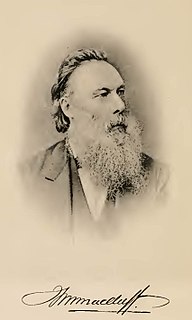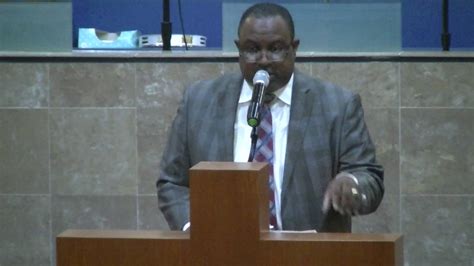A Quote by e. e. cummings
There are certain things in which one is unable to believe for the simple reason that he never ceases to feel them. Things of this sort - things which are always inside of us and in fact are us and which consequently will not be pushed off or away where we can begin thinking about them - are no longer things; they, and the us which they are, equals A Verb; an IS.
Related Quotes
The mathematical is that evident aspect of things within which we are always already moving and according to which we experience them as things at all, and as such things. The mathematical is this fundamental position we take toward things by which we take up things as already given to us, and as they must and should be given. Therefore, the mathematical is the fundamental presupposition of the knowledge of things.
Religious truth is captive in a small number of little manuscripts which guard the common treasures, instead of expanding them. Let us break the seal which binds these holy things; let us give wings to truth that it may fly with the Word, no longer prepared at vast expense, but multitudes everlastingly by a machine which never wearies to every soul which enters life.
Or if the hypothesis were offered us of a world in which Messrs. Fourier's and Bellamy's and Morris's Utopias should all be outdone, and millions kept permanently happy on the one simple condition that a certain lost soul on the far-off edge of things should lead a life of lonely torment, what except a specifical and independent sort of emotion can it be which would make us immediately feel, even though an impulse arose within us to clutch at the happiness so offered, how hideous a thing would be its enjoyment when deliberately accepted as the fruit of such a bargain?
If the study of all these sciences which we have enumerated, should ever bring us to their mutual association and relationship, and teach us the nature of the ties which bind them together, I believe that the diligent treatment of them will forward the objects which we have in view, and that the labor, which otherwise would be fruitless, will be well bestowed.
There is a form of eminence which does not depend on fate; it is an air which sets us apart and seems to prtend great things; it is the value which we unconsciously attach to ourselves; it is the quality which wins us deference of others; more than birth, position, or ability, it gives us ascendance.
God alone fully understands what each one of us needs; we make mistakes continually and pray for things which would be harmful to us if we received them. Afterwards we see our mistakes and realize that God is good and wise in not giving us these things, even though we plead ever so earnestly for them.
It seems to be a general belief that the will of God is to make things distasteful for us, like taking bad-tasting medicine when we are sick, or going to the dentist. Somebody needs to tell us that the sunrise is also God's will. There is the time of harvest, the harvest which will provide food and clothes for us, without which life could not be sustained on earth. God ordered the seasons-they are his will. In fact, the good things in life far outweigh the bad. There are more sunrises than cyclones.





































